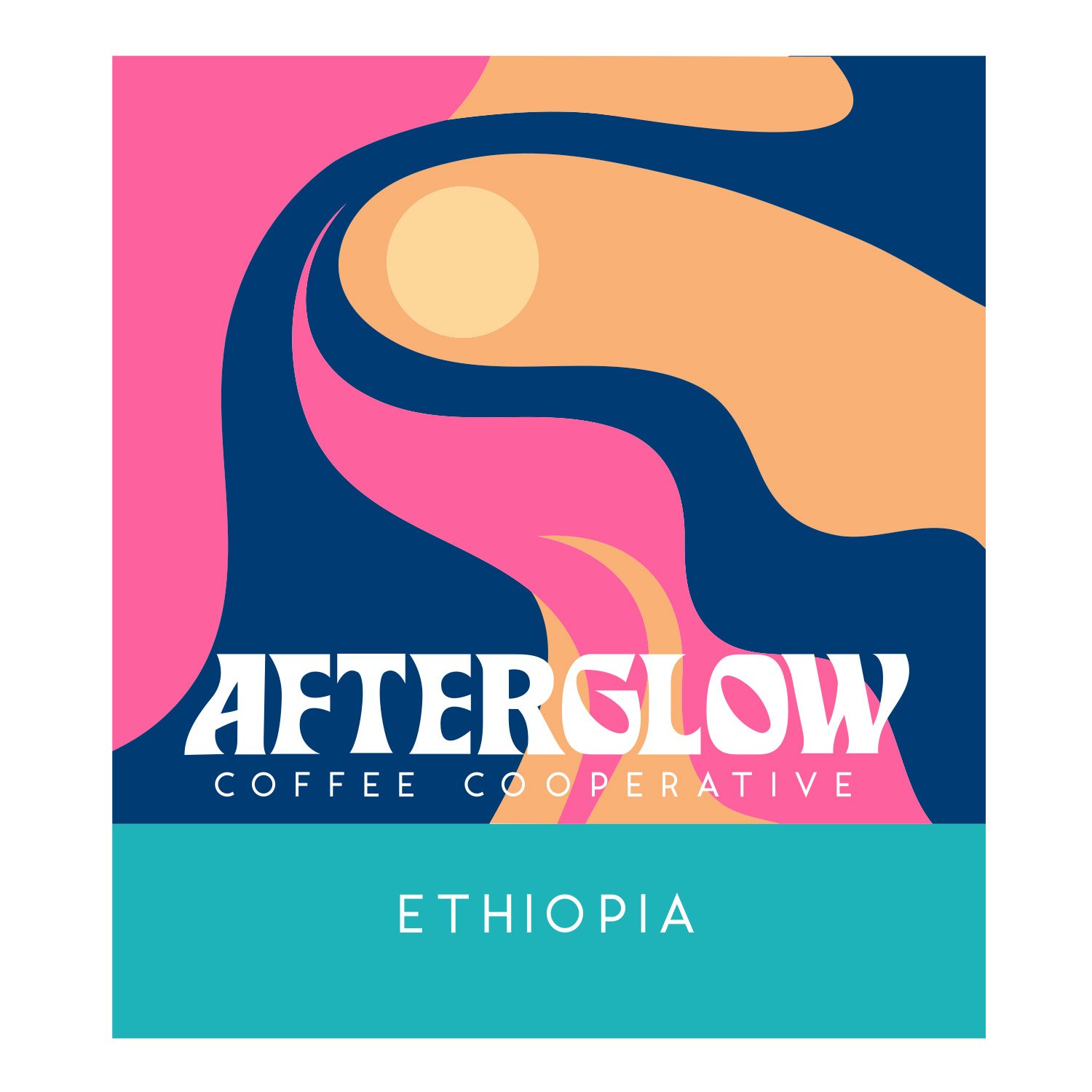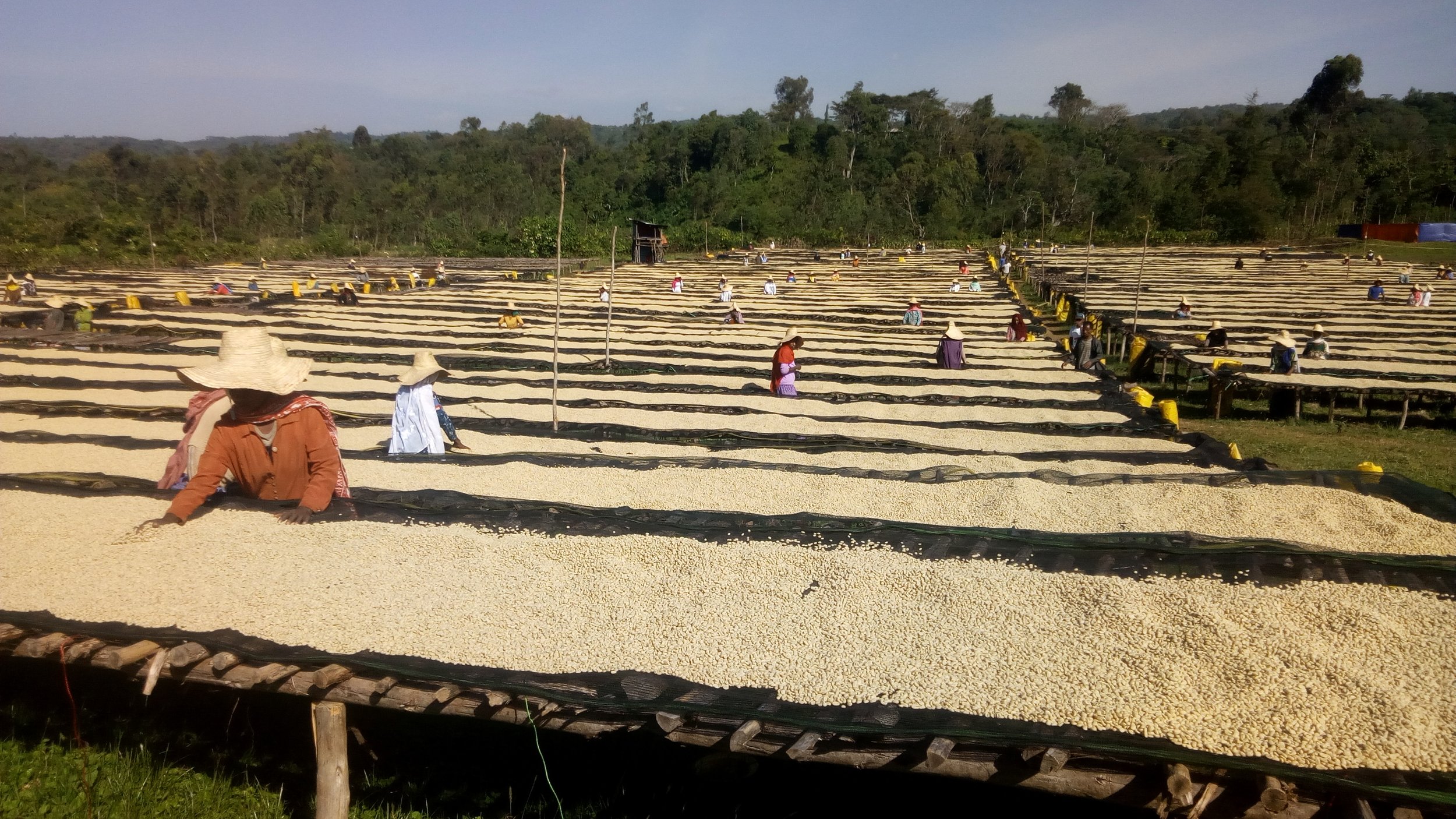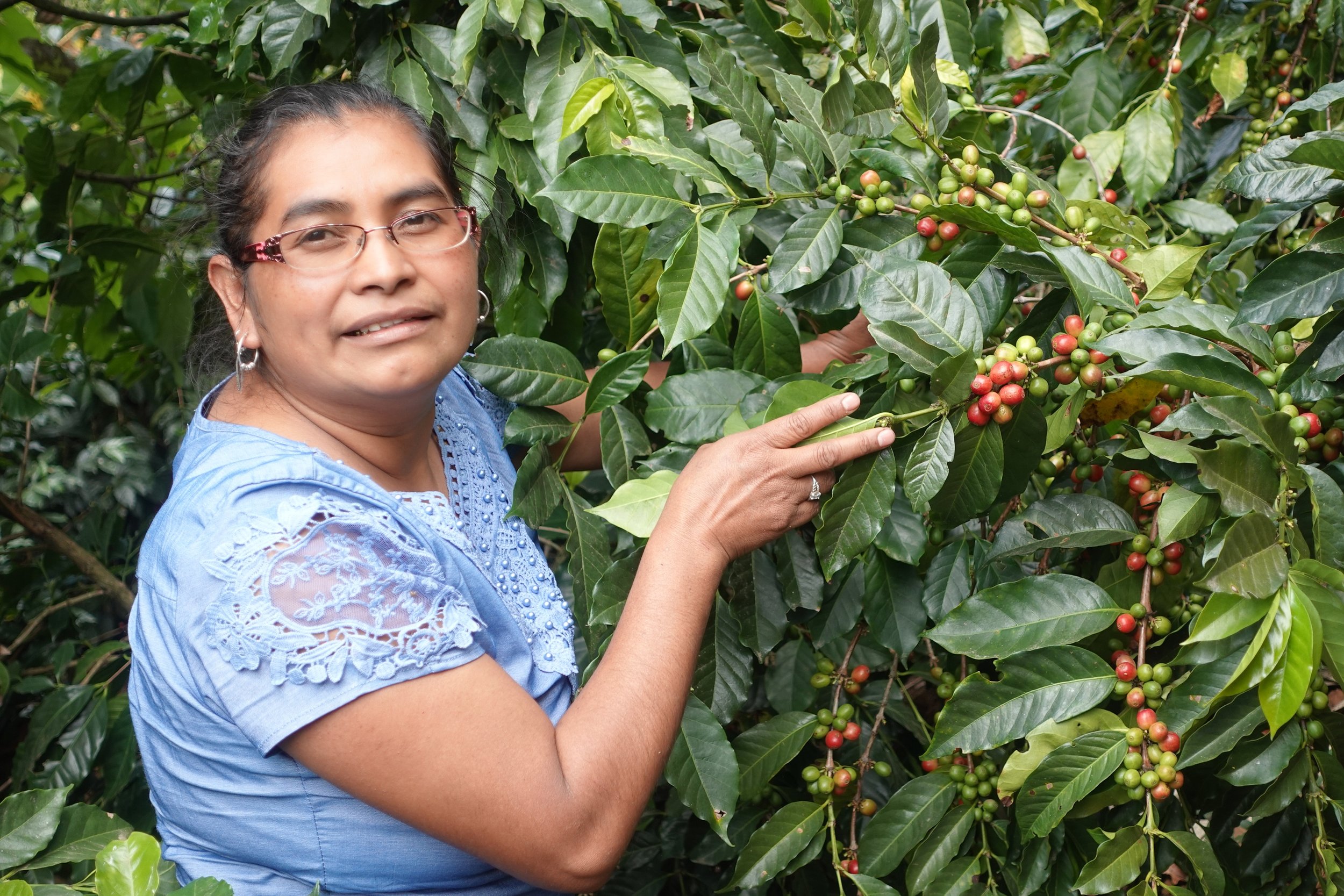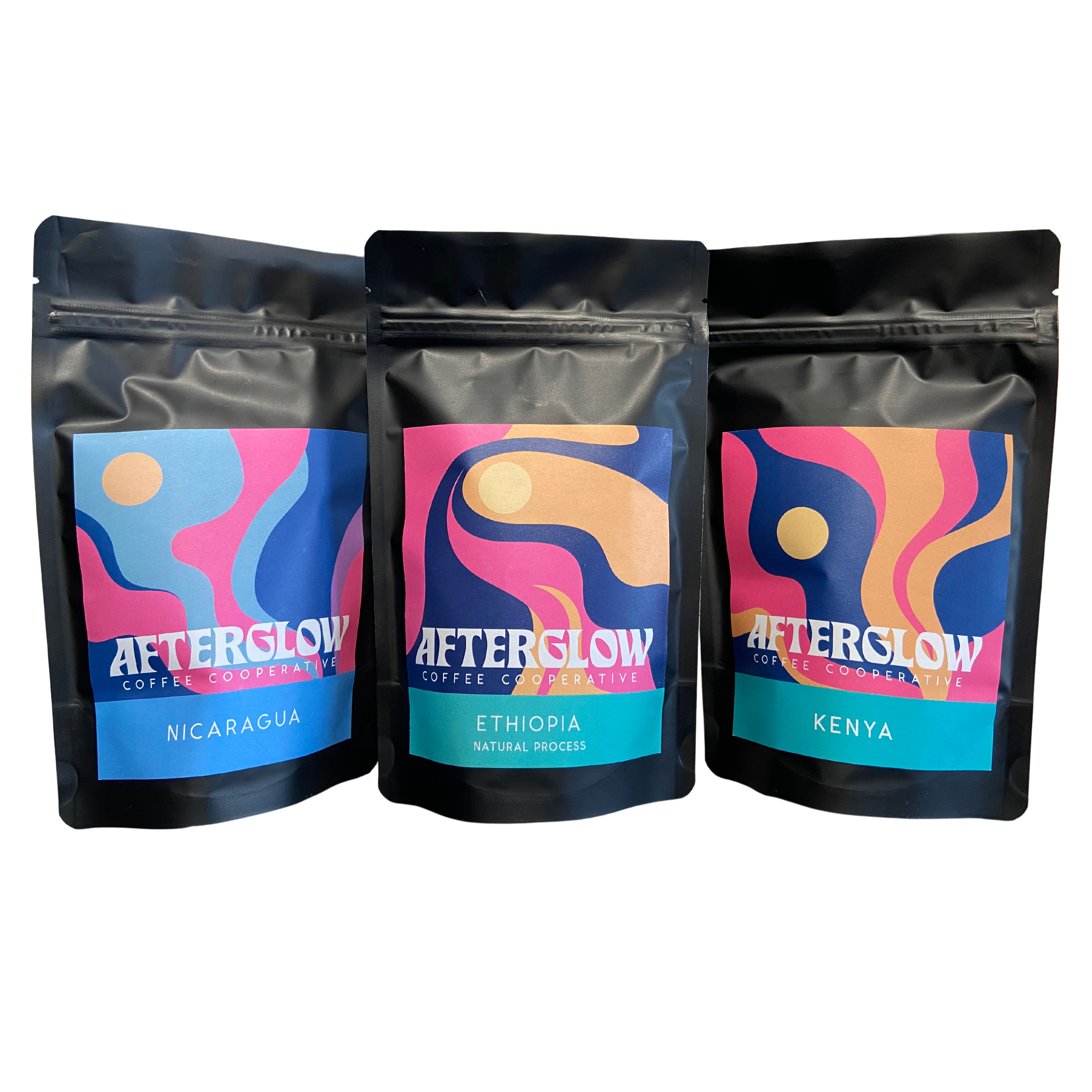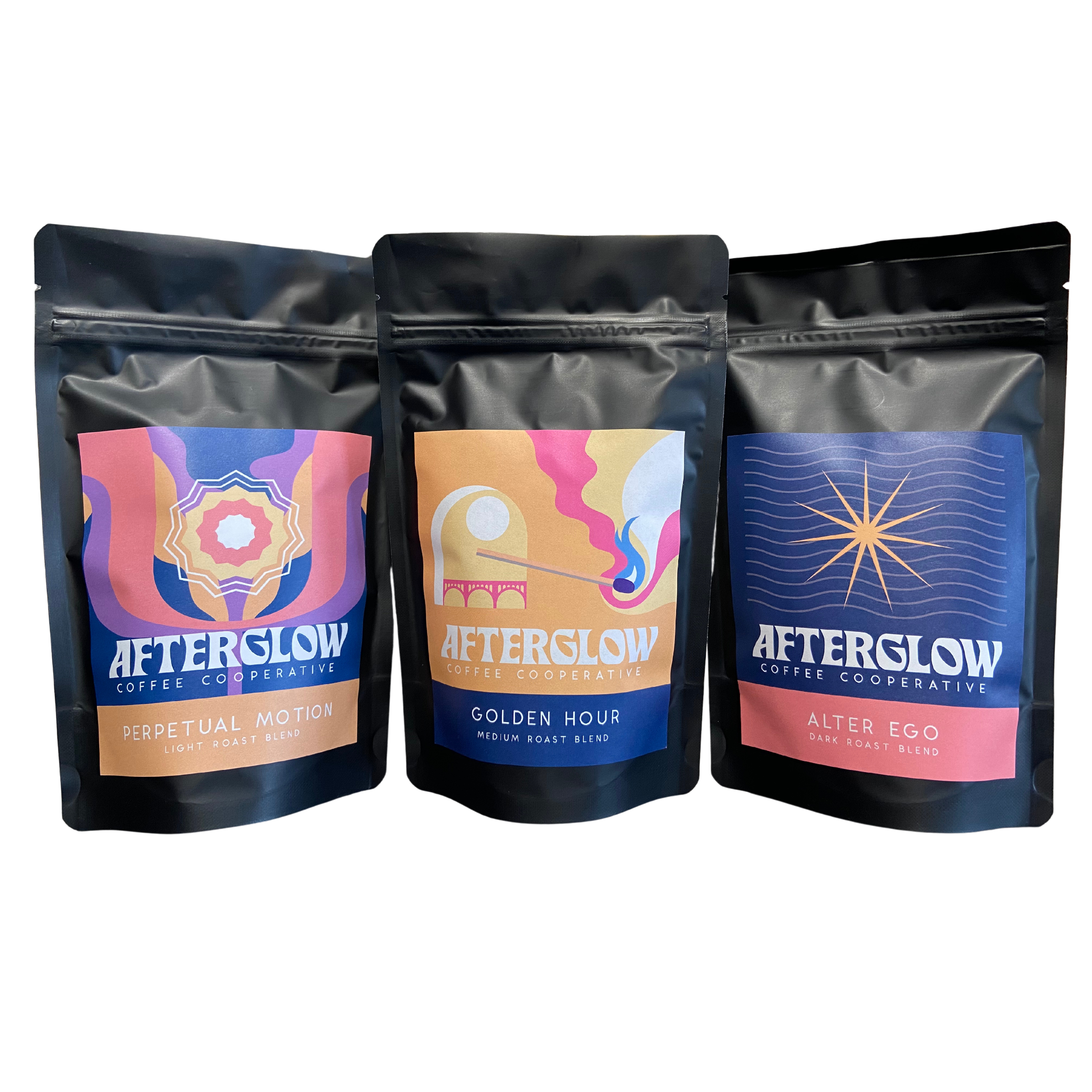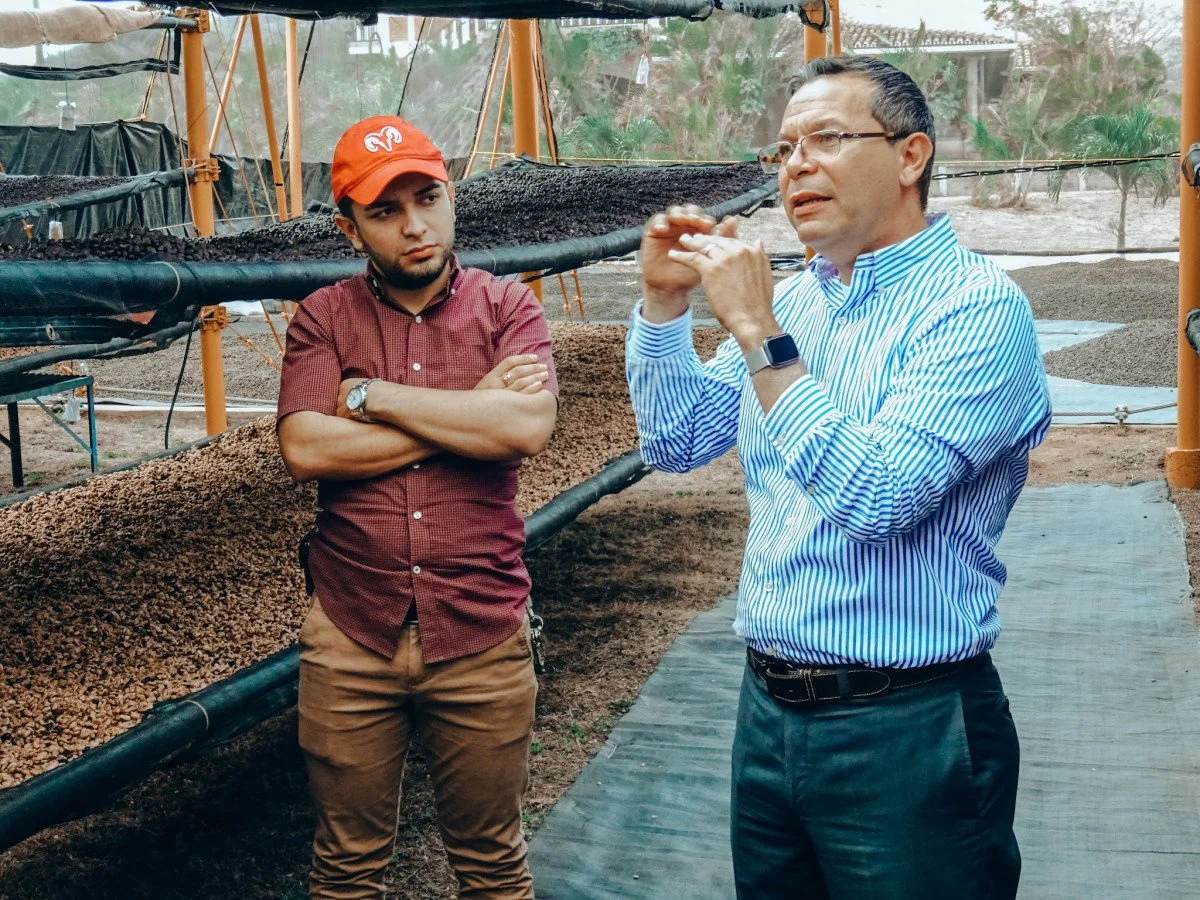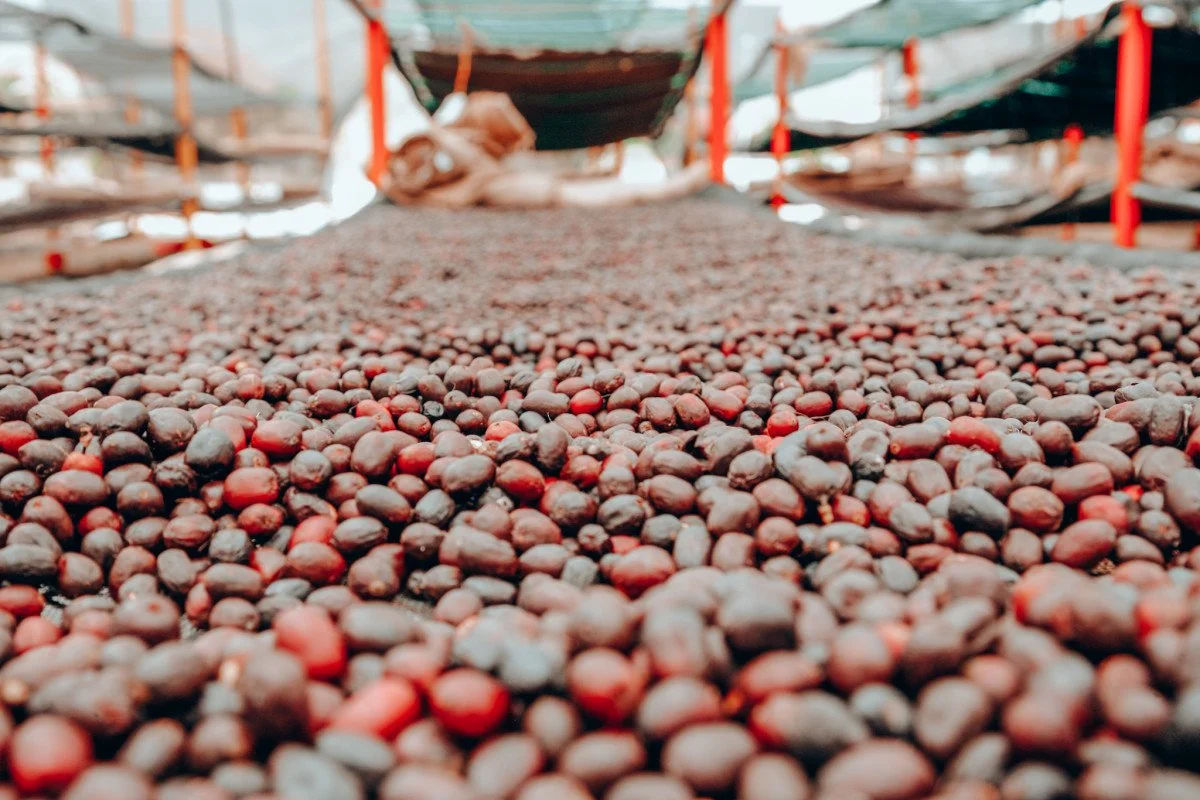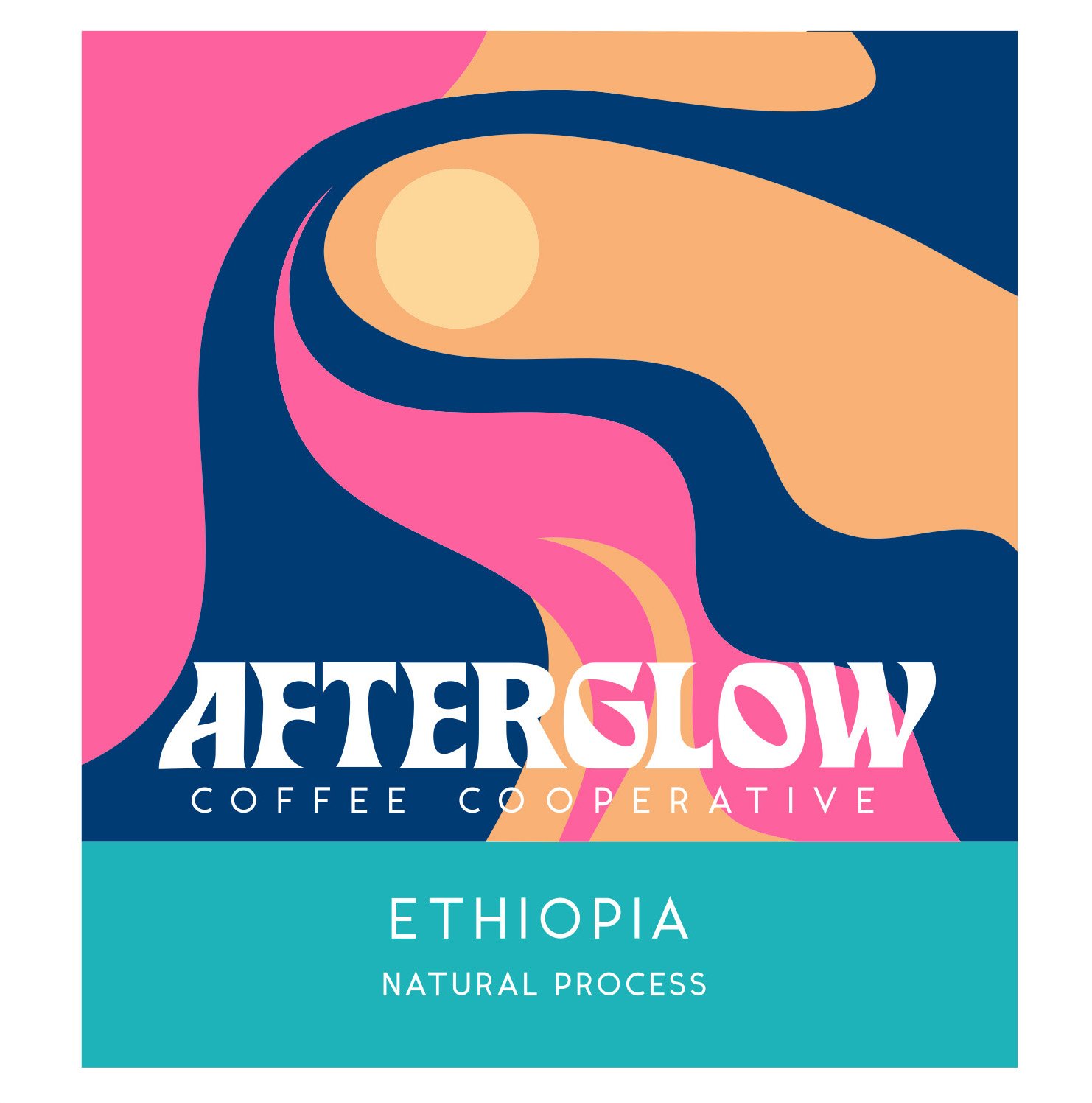Ethiopia Banko Taratu
Fully washed coffee from Guji. Fully washed with extended anaerobic fermentation.
Fully washed coffee from Guji. Fully washed with extended anaerobic fermentation.
Fully washed coffee from Guji. Fully washed with extended anaerobic fermentation.
This coffee is grown by a few hundred farmers in the Banko Taratu village, located in the southern part of Ethiopia within the Gedio zone. This is one of the highest elevated coffee-growing areas in Ethiopia with a peak altitude of 2300 meters above sea level.
The people of Banko Taratu live in close-knit communities where coffee farming is a primary source of income. They have a profound respect for the land and employ traditional farming methods passed down through generations. Harvesting coffee is a communal effort, with families and neighbors coming together to pick the ripe cherries by hand. This meticulous process ensures that only the finest quality beans are selected. Coffee plays a central role in the social fabric of Banko Taratu. It's not just a cash crop but also a means of connection and celebration. The aroma of freshly brewed coffee fills the air during gatherings where stories are shared and bonds are strengthened. In addition to its cultural significance, coffee farming sustains the livelihoods of many families in Banko Taratu. The income generated from coffee sales supports education, healthcare, and other essential needs. As such, the success of the coffee harvest directly impacts the well-being of the entire community. Overall, for the people of Banko Taratu, coffee represents more than just a beverage or a commodity—it's a symbol of tradition, community, and prosperity.
This lot is fully washed but has undergone a special anaerobic double fermentation for added flavor. Double fermentation is a special coffee processing method that enhances flavor complexity by utilizing two distinct fermentation stages. Ripe coffee cherries are handpicked, then cherries are pulped to remove the outer skin. The beans, still coated in mucilage, are placed in fermentation tanks. This initial fermentation typically lasts 48 to 72 hours, breaking down the mucilage and influencing flavor.
Then the coffee is washed of the mucilage and the washed beans undergo a second fermentation in the tank for another 12 to 24 hours. Post-fermentation, beans are dried 12-15 days to reduce moisture, using raised beds. The two fermentation stages allow for the development of rich, layered flavors, often resulting in fruity, floral, or vibrant profiles.
The final processing and cleaning will be carried out at a subcontracted processing and warehouse facility in the Kaliti area of Addis Ababa. The coffee is processed based on categories, considering density, screen size, removal of undesirable small debris, and rocks. The finished clean coffee is directly placed into jute bags and wrapped in Ecotact plastic bags. After the packaging is complete, reference samples are taken, and evaluation and cupping are performed before the products are shipped to the desired destination. The dry mills handle the physical filling of containers and prepare necessary documentation and procedures required for a successful export.

